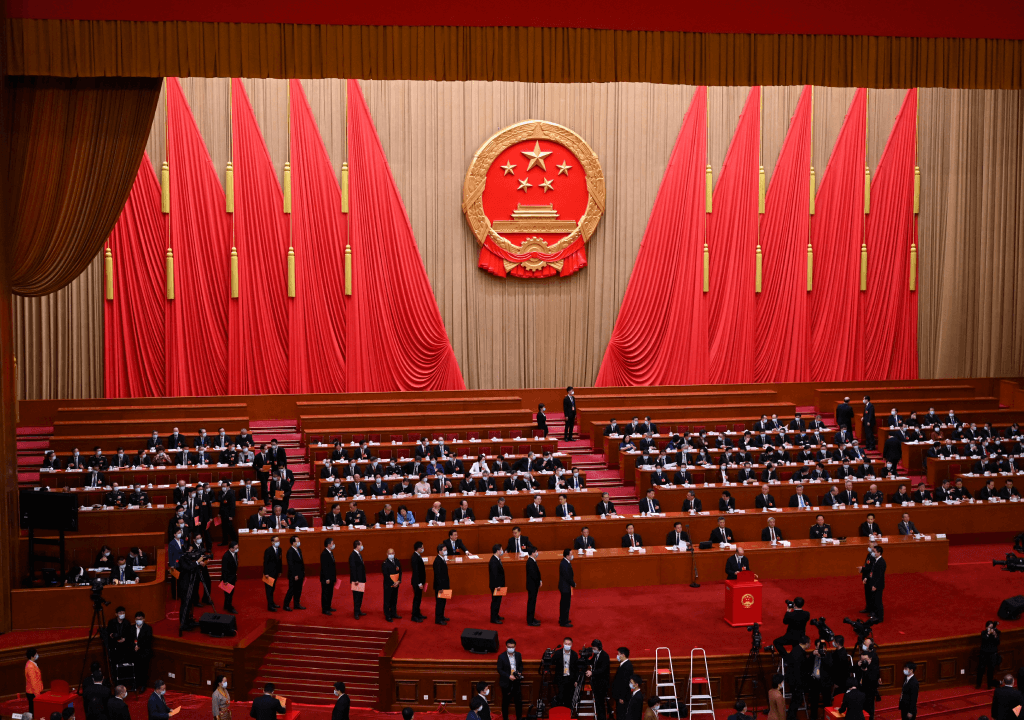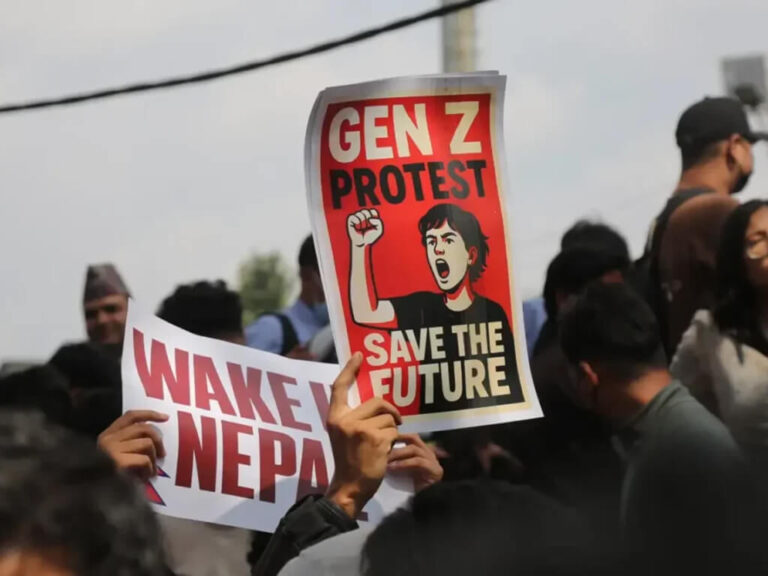China is navigating through tumultuous times, grappling with multidimensional challenges. Issues such as stagnating economic growth, population shrinkage, real estate troubles, the emergence of competing manufacturing hubs in the region, security concerns in the South China Sea, as well as international relationship complications, underscore the complexity of the situation. Interestingly, despite large financial outlays, the Belt and Road plan and related projects spearheaded by Supreme Leader Xi Jinping have not had much of an impact that previously expected.
In this context, China’s political leaders are poised to gather for the Annual Legislative Sessions, popularly known as the ‘Two Sessions.’ The National People’s Congress (NPC) and the Chinese People’s Political Consultative Conference (CPPCC) will convene concurrently, featuring almost 3,000 NPC delegates endowed with authority over constitutional amendments, legislation, and state appointments. The agenda encompasses a thorough examination of economic, diplomatic, trade, and military strategies. Premier Li Qiang is anticipated to inaugurate the sessions with a comprehensive report covering these vital aspects, alongside discussions on budget approvals and key appointments.
Legislators are anticipated to greenlight crucial annual budgets, including the military budget, and endorse Premier Li Qiang’s inaugural government work report. the third plenum, initially designed to delve into the midterm plan for the economy and governance but repeatedly delayed. The postponement of the plenum underscores the exceptionally intricate and challenging foreign and domestic issues confronting the Chinese economy.
The dearth of information continues to fuel the ongoing narrative surrounding China’s political uncertainties, coinciding with a widespread lack of confidence in the nation’s economy among global business leaders and the private sector. International investors eagerly await signals indicative of Beijing’s return to a pro-development stance, closely monitoring indicators such as China’s GDP target and development strategies. Xi Jinping faces heightened concerns regarding the fragility of the Chinese financial system, aggravated by recent turbulence in the stock market. Elevated US interest rates and the persistent US-China rivalry contribute to ongoing capital outflows, exacerbating existing apprehensions.
Despite Beijing’s announcement of a 5.2 percent growth in 2023, the post-Covid recovery for the world’s second-largest economy remains uneven. Pressing issues such as youth unemployment, demographic shifts, and strains in the property market emerge as significant concerns. Xi’s January declaration, designating the finance system as a “high-risk” area, underscores the renewed focus on this sector. This intensified attention follows a series of prominent crackdowns on state bankers and financiers since 2017, interpreted as efforts to address capital control loopholes that could undermine the effectiveness of any market rescue stimulus.
Li Qiang’s government work report is unlikely to unveil bold new directions in China’s economic policy. Anticipating a growth target akin to the previous year’s approximately 5 percent, a focus on elaborating the agenda set by the Communist Party during the central economic work conference in December. In the absence of substantial economic reform, achieving this target may necessitate additional stimulus measures, potentially manifesting in a higher deficit-to-GDP target or increased off-budget fiscal injections.
The Chinese government is concerned about security too , and China’s neighboring nations are particularly keen on comprehending military budget growth targets.
Effectively handling diplomatic and defense affairs is crucial for Beijing to navigate tensions with the United States and manage regional hotspots like the Taiwan Strait, South China Sea, and the Korean Peninsula. Normalizing operations in these areas requires foreign diplomats and military officials to engage with their Chinese counterparts in accordance with established protocols. The resolution of the ongoing purges within China’s diplomatic and defense corps is contingent upon the Central Committee’s meeting.
The recent demotions of Qin and Li have led to vacancies within China’s state council, the nation’s cabinet. Wang Yi, currently the director of the influential CCP foreign affairs commission, has assumed the role of foreign minister, succeeding Qin. However, experts widely perceive this as a temporary arrangement. As this year’s NPC unfolds, there is heightened anticipation for a potential replacement, with Liu Jianchao emerging as a likely candidate due to his significant involvement in recent diplomatic engagements.
Li, the ousted former defense minister, underwent removal from the CCP’s central military commission, signaling a shift in leadership. Dong Jun is speculated to take over as the new defense minister, but uncertainties persist regarding whether Dong or any new foreign minister will join the state council. The past year witnessed the dismissal of over 10 senior figures in China’s diplomatic and defense circles, some of whom were promoted just last March. Qin Gang, the shortest-serving foreign minister, disappeared in June, while Li Shangfu, China’s shortest-serving defense minister, has not been seen since August.
Despite these changes, both Qin and Li retained their positions on the Central Committee, the Communist Party’s pivotal 300-member decision-making body. The removal of nine other generals, including two former rocket force commanders, in December over “serious violations of discipline and law” further emphasizes the party’s crackdown on corruption.
Beijing, however, has provided minimal explanations for these high-profile removals, leaving the status of their successors uncertain. This rare and swift reshuffling of top diplomatic and military positions suggests potential serious wrongdoing, though Beijing has refrained from disclosing specific reasons behind the abrupt changes.
As thousands of China’s political elite gather in Beijing for the annual session of the national legislature, attention will be riveted on the Great Hall of the People, where observers anticipate significant developments. The skepticism persists among international media outlets, casting doubts on the delayed nature of this year’s “two sessions” and elevating it to a critical juncture for the nation’s leadership. This forum provides a unique opportunity to unveil plans addressing China’s stagnant growth and external challenges. Observers speculate that the delay may be linked, at least partially, to President Xi Jinping’s impending decisions regarding the ongoing purges. The eyes of the world are keenly fixed on these developments, as they carry far-reaching implications for both the nation and its global counterparts.








